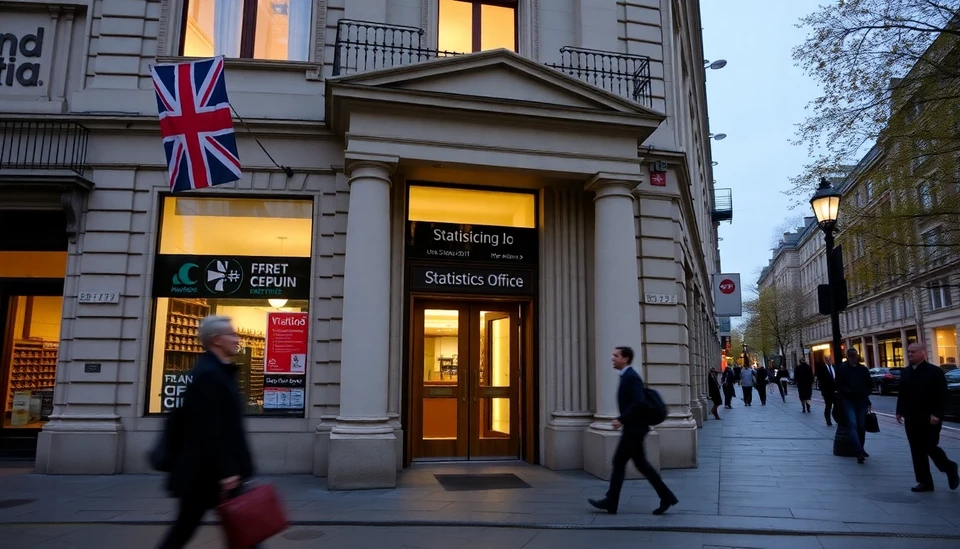
Recent revelations have cast a shadow over the credibility of the UK Statistics Authority (UKSA), particularly regarding its survey methodologies that are critical for calculating the nation’s Gross Domestic Product (GDP). As uncertainties surrounding the accuracy of these surveys grow, stakeholders are increasingly questioning the reliability of economic indicators that inform crucial policy decisions.
The UKSA, tasked with providing high-quality statistical information, has been under fire after a series of internal reports suggested inconsistencies in data collection processes. These revelations indicate that the authority's current methodology may not adequately reflect the economic realities faced by different sectors. With GDP serving as a vital barometer for economic health, any doubts surrounding its calculation could have significant ramifications for policy making and public confidence.
At the heart of these concerns is a set of surveys used by the UKSA, which are designed to capture economic activity across various industries. Critics argue that the surveys may not adequately reach representative samples, leading to skewed data that fails to account for the experiences of smaller businesses and emerging sectors. This lack of comprehensive sampling might distort vital economic indicators, making the GDP figures less reliable.
Economists and analysts are voicing their worries about the possible implications of miscalculated GDP data. They argue that if these figures are inaccurate, it could lead to misguided fiscal policies, incorrect assessments of economic growth, and misplaced public trust in the governmental institutions responsible for economic management. As a result, there is an urgent call for the UKSA to overhaul its survey methods to ensure transparency and accuracy.
In light of these challenges, there is a growing demand for external audits of the UKSA's methods. Stakeholders are advocating for the introduction of more stringent oversight mechanisms to enhance the credibility of the data produced. Additionally, it has been suggested that engaging with a wider array of businesses, particularly those in emerging industries, could improve data collection efforts and ensure a more accurate reflection of economic activity.
In its defense, the UK Statistics Authority has stated that it is committed to maintaining high standards in data integrity and is actively reviewing its methodologies. However, the ongoing skepticism from economists and researchers presents a significant hurdle for the authority as it strives to regain public trust.
The stakes are undeniably high—accurate data is crucial for making informed decisions that affect millions of lives. As the UK faces an ever-changing economic landscape, addressing these concerns is paramount to ensure that economic policies are grounded in reliable statistical evidence.
As the debate unfolds, the UKSA’s next steps will be closely monitored by both policymakers and the public. The outcome of this situation will likely shape the public's perception of government data, the integrity of economic indicators, and ultimately, the trust in institutions that rely on this data to make informed decisions.
In summary, the recent doubts surrounding the UK Statistics Authority’s survey methodologies necessitate a thorough reassessment to restore confidence in economic data, particularly the critical GDP figures that guide governmental fiscal policies.
#UKStatistics #GDP #Economy #DataIntegrity #PublicTrust
Author: Daniel Foster



